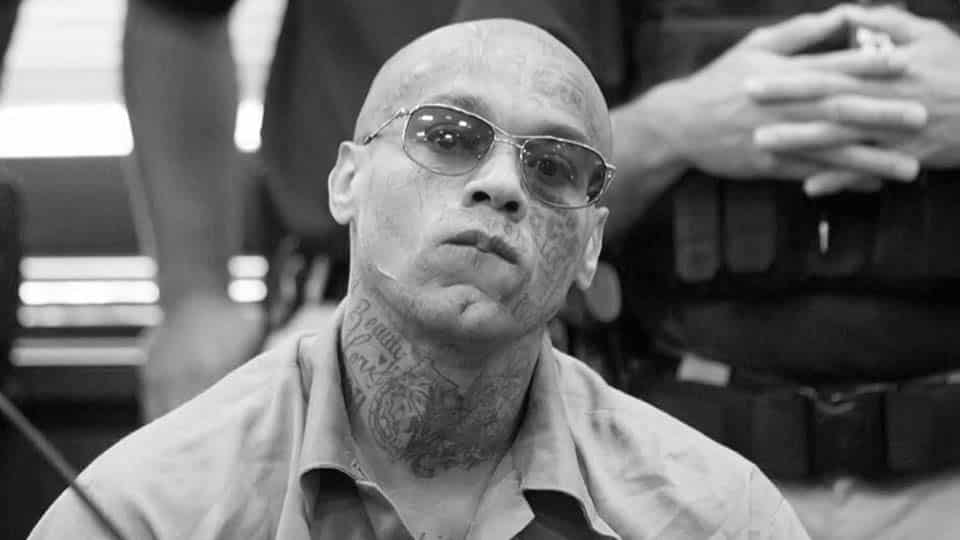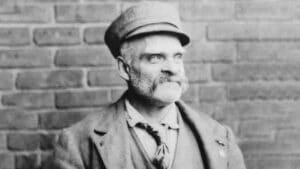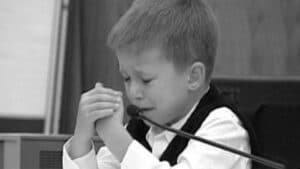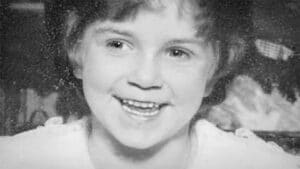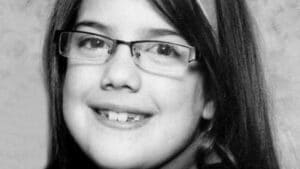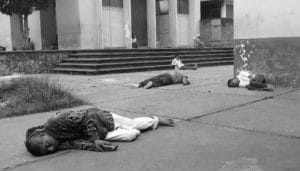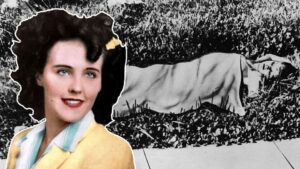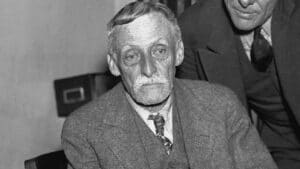Nikko Allen Jenkins was born on September 16, 1986, in Colorado, USA. The boy had five sisters, and his family had a long history of violent crimes. His father, David A. Magee, who passed away in 2009, served multiple sentences for terrorist threats.
At the age of seven, Nikko brought a loaded gun to school, but luckily no one was injured. Child protection services were called, and the boy was taken to an orphanage.
It was already known that Nikko lived in a family that was constantly involved in crimes and neglected basic care for the children. When he turned eight years old, still in the orphanage, Nikko underwent mental health exams that revealed he suffered from various traumas.
The psychiatrist who accompanied him stated that Nikko suffered from antisocial personality disorder and anxiety. The same exam found that he had experienced physical and sexual violence, started using drugs before the age of seven, and had episodes of bedwetting.
Bedwetting is a disorder characterized by involuntary loss of urine during sleep, at least twice a week, in children aged five and older who do not have any organic problems in the urinary system. This condition, popularly known as "bedwetting," affects about 15% of children around the age of five; 7% at ten years old, and 3% at twelve years old. It is more prevalent in boys than in girls.
It was proven that Nikko’s mother was aware of and contributed to the total neglect that the boy suffered. In an IQ test conducted at the time, Nikko scored well below what was expected for his age group.
Life in the orphanage was turbulent, as Nikko did not accept orders and would attack other children and caregivers. At the age of 11, he was expelled from the institution and returned to live with his mother.
Extensive criminal record
By that time, Nikko had already committed several crimes, and at the age of 13, he had a record involving knives and firearms. At 17, he was arrested for the first time and sentenced to ten years for armed robbery of two vehicles.
Even while incarcerated, Nikko didn’t stop committing crimes. In 2005, at the age of 19, he was transferred to a new prison unit. In 2006, he was involved in a rebellion that resulted in the death of security officers and other inmates. For this crime, his sentence was increased by five years, and he was transferred again.
In his third prison unit, Nikko spent long periods in solitary confinement, where he had no contact with other inmates and stayed inside the cell for almost 24 hours a day.
In 2009, Nikko was granted the benefit of leaving prison to attend his grandmother’s funeral. On that occasion, he assaulted the accompanying police officer and attempted to escape without success. This resulted in an additional five years of imprisonment in a maximum-security facility.
“Voices that told me to do this”
Nikko Jenkins claimed he would kill again when he got out of jail because voices told him to do so. He claimed that the Greek mythology god Apophis was always in contact with him.
In 2010, he married a girl named Chalonda who used to visit him in prison. The girl was 19 years old and was one of Nikko Jenkins’ “fans” since he was considered an idol in some community groups.
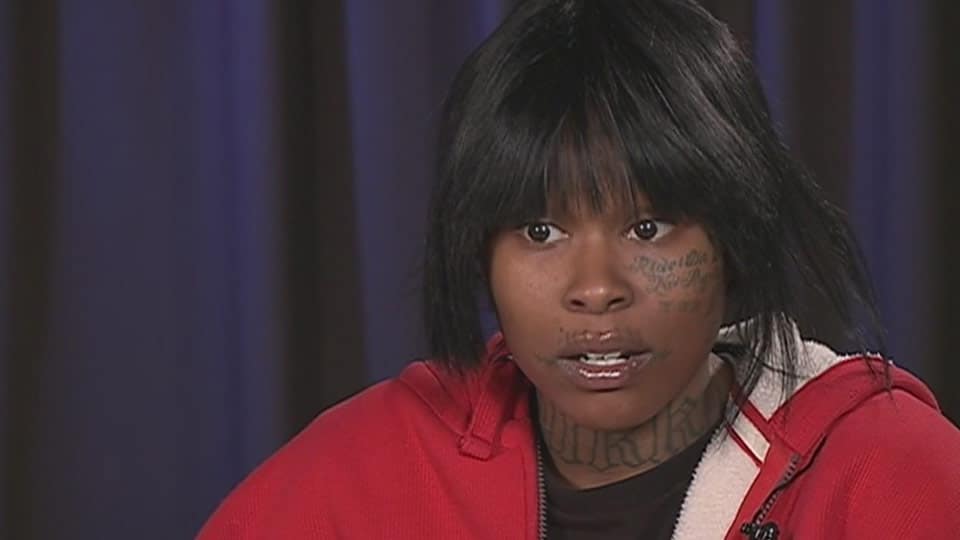
In 2011, he was convicted of another crime. This sentence resulted in an additional five-year penalty, but due to a judicial error, they were served concurrently.
Unfortunately, by August 2013, Nikko Jenkins was already back on the streets.
Timeline
On August 30, 2013, Nikko Jenkins was arrested after his wife called the police accusing him of domestic violence. Given his extensive criminal history, detectives decided to investigate what he had done in the past four weeks that he had been free.
Security camera footage was found showing Nikko purchasing a Brenneke Classic Magnum 12-gauge shotgun. Ammunition from the same gun was found at four recent crime scenes that were still open. It didn’t take long for the police to put the pieces together.
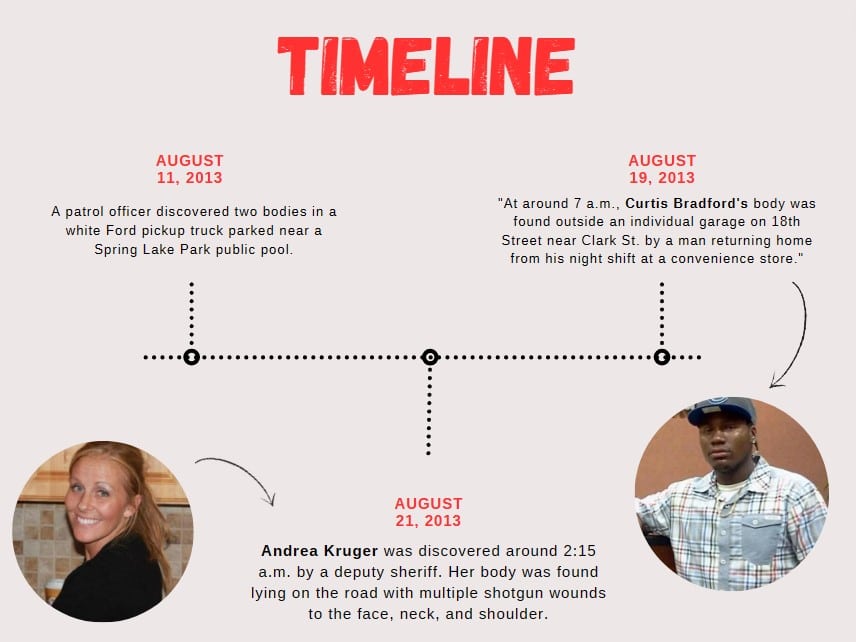
The two victims, identified as Juan Uribe-Pena and Jorge C. Cajiga-Ruiz, were found shot in the head and with their pockets turned inside out. They were lured to meet two women for a sexual encounter on August 11, 2013.
On August 19, investigators found two gunshot wounds on Curtis Bradford’s back. It was later revealed that Bradford and Jenkins posed for a photo on Facebook posted the day before. Bradford was the only relative to Nikko Jenkins, as all the other victims were strangers.
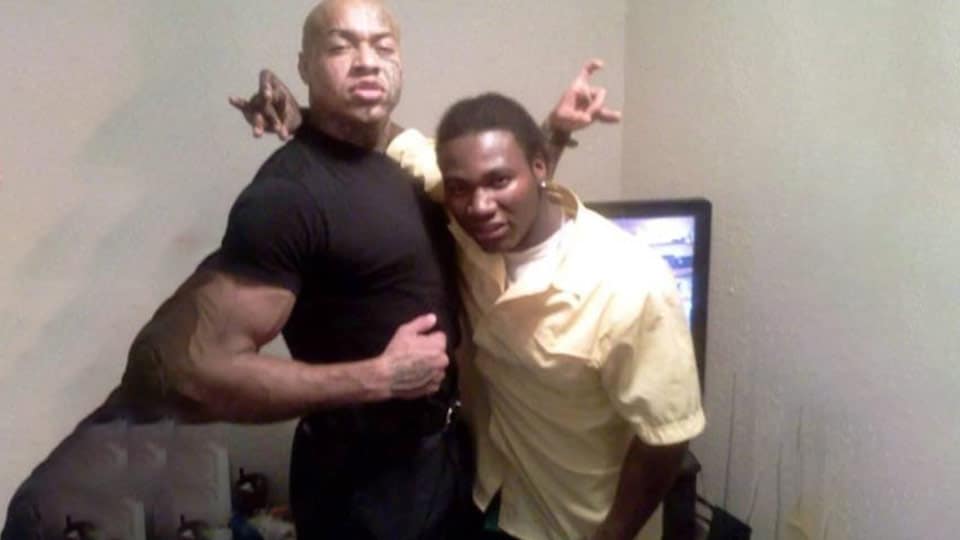
Andrea Kruger was returning home after a bartending shift. Her 2012 golden Chevrolet Traverse SUV was found abandoned 19 kilometers away from the crime scene.
Arrest
On August 30, 2013, Jenkins was arrested on charges of terrorist threats. On the night of September 3, Jenkins confessed to all four murders during an incoherent 8-hour interview.
He told the police that the acts were sacrifices to Apophis and that if he didn’t fulfill them, God would end his life. He was charged with four counts of murder after the confession.
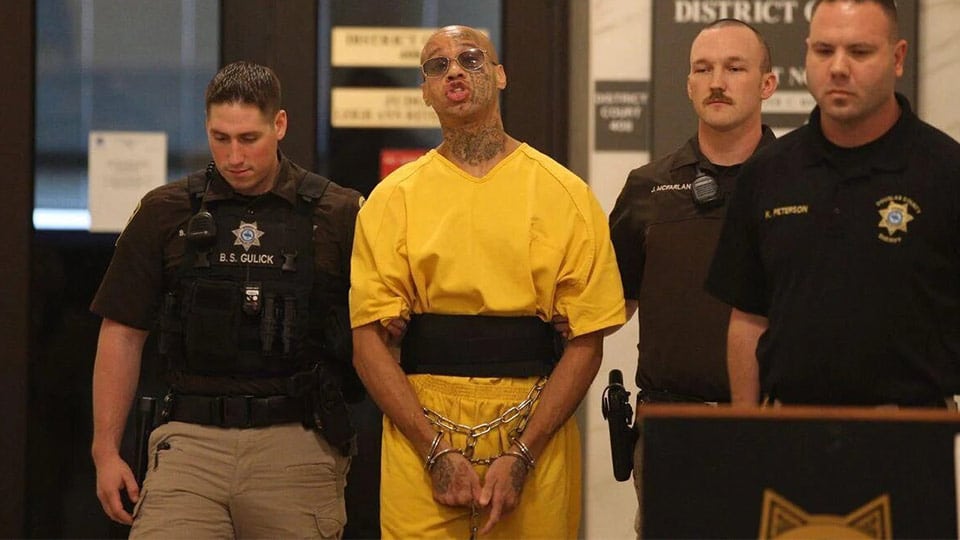
On February 19, 2014, Jenkins filed a federal lawsuit seeking $24.5 million from the state of Nebraska for wrongfully releasing him from prison. He claimed that his claims of hearing voices from Apophis were repeatedly ignored.
In the handwritten six-page document, he stated that being kept in solitary confinement worsened his schizophrenia. He accuses the police as the main culprits of his crimes, claiming that if he had been offered treatment, he wouldn’t have killed more people.
Sentence Execution
Jenkins’ sentence was initially scheduled for August 11, 2014. The date was indefinitely postponed after a hearing held to determine if he was capable of understanding the death penalty process against him.
On July 29, a judge ordered Jenkins to be admitted to the psychiatric hospital Lincoln Regional Center until doctors were satisfied with his condition. Facility staff refused to house Nikko due to inadequate security, so the team agreed to treat him in a Lincoln prison.
In May 2017, Jenkins was sentenced to death by three judges. He was also sentenced to 450 years on weapons charges related to the murders. Currently, he is awaiting execution on death row.

